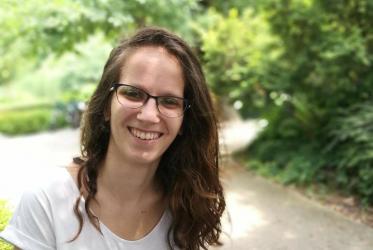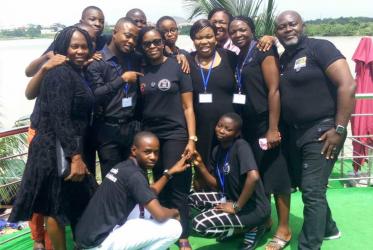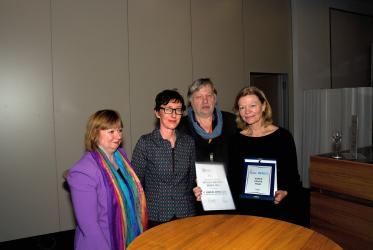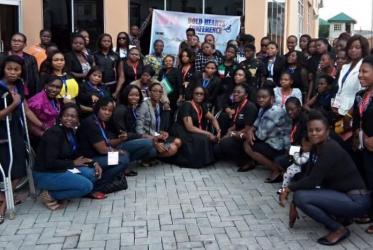Displaying 21 - 40 of 74
14 November 2019
Youth leaders: “We will stop at nothing” to end HIV and violence
17 October 2019
Markus Imhoof film receives human rights award
10 October 2019
Dealing with traumas and healing of wounds
04 June 2019
A faith-based, holistic approach to HIV and AIDS-care
13 March 2019
Faith and HIV treatment go hand in hand
06 March 2019
Turning mercy and compassion into action
04 March 2019
On the journey to HIV – bridging gaps, debunking myths
21 February 2019
Christian communicators work to counter hate speech against refugees
10 December 2018
What difference does dressing in black make?
02 August 2018
Walking together against hatred and violence
26 February 2018
WCC 70th anniversary started in Beijing
07 January 2018
In Argentina, stirring journey for human rights continues
01 September 2017













